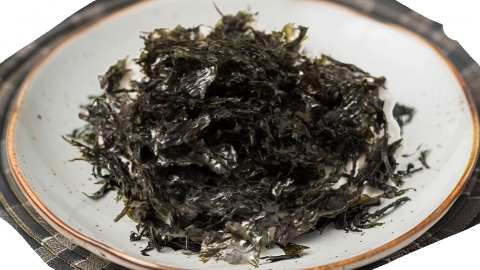What foods should patients with hyperthyroidism avoid eating?
Hyperthyroidism usually refers to hyperfunction of the thyroid gland. Under normal circumstances, patients with hyperthyroidism should avoid high-iodine foods, stimulating beverages, spicy and irritating foods, high-sugar foods, and cruciferous vegetables, as these foods may worsen the condition or affect the control of thyroid function. Detailed explanations are as follows:

1. High-iodine foods: Such as kelp, nori, sea fish, sea shrimp, and iodized salt, which contain extremely high levels of iodine. Iodine is the raw material for synthesizing thyroid hormones; excessive intake can promote the secretion of thyroid hormones, worsening symptoms of hyperthyroidism and hindering disease management.
2. Stimulating beverages: Such as strong tea, coffee, and energy drinks, which contain stimulants like caffeine. These ingredients can excite the central nervous system, possibly exacerbating symptoms like palpitations, insomnia, and anxiety in patients with hyperthyroidism, thus affecting their physical condition.
3. Spicy and irritating foods: Such as chili peppers, Sichuan peppercorns, and ginger, which are highly irritating. Consumption may irritate the gastrointestinal mucosa and increase the body's metabolic burden, worsening symptoms like palpitations and sweating in patients with hyperthyroidism.
4. High-sugar foods: Such as candy, chocolate, desserts, and sugary beverages, which have high sugar content. Patients with hyperthyroidism naturally have a faster metabolism; excessive sugar intake may lead to blood sugar fluctuations and increase the risk of abnormal weight gain, which is not conducive to overall disease management.
5. Cruciferous vegetables: Such as cabbage, broccoli, and cauliflower, which contain small amounts of goitrogenic substances. Small amounts of cooked forms generally cause no harm, but excessive consumption of raw forms may interfere with thyroid hormone synthesis, negatively affecting the management of hyperthyroidism.
In daily life, besides managing the condition through dietary adjustments, patients with hyperthyroidism should maintain a regular routine, avoid staying up late and overexertion, and keep emotionally stable to avoid excessive tension and anxiety, which helps stabilize the condition.






